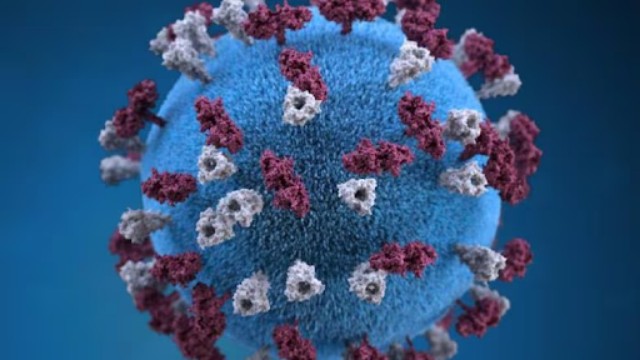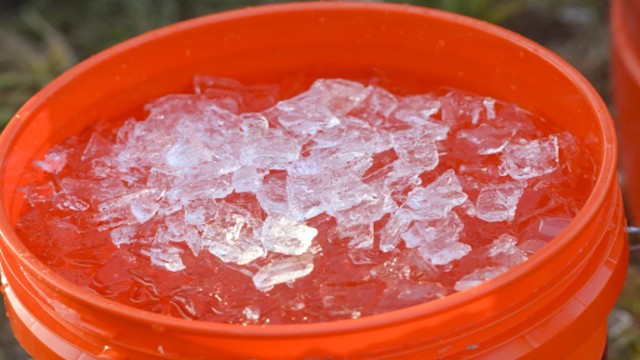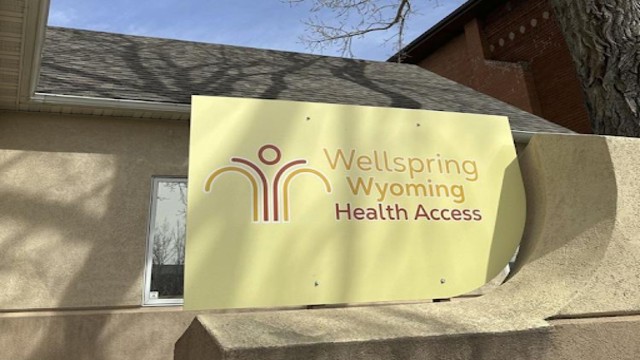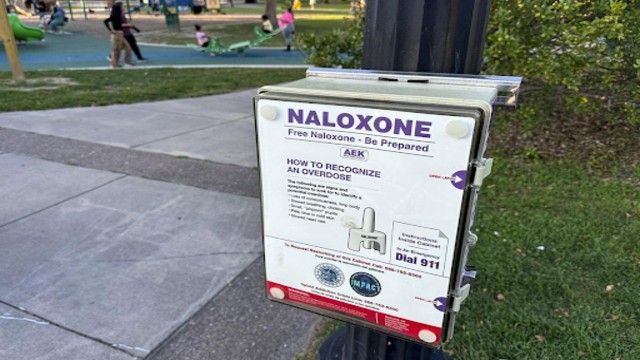
Whooping cough is a contagious respiratory illness that spreads through bacteria transmitted through the air.
Canada is witnessing a concerning rise in whooping cough (pertussis) cases this year, with health officials reporting higher-than-normal numbers across several provinces. The Public Health Agency of Canada (PHAC) confirmed in a recent statement that cases of this contagious respiratory illness are increasing, particularly in Ontario, Quebec, New Brunswick, Prince Edward Island, and Newfoundland and Labrador. While some uptick in cases was anticipated after the pandemic, as infection rates had plummeted to record lows between 2020 and 2022, health authorities indicate that cases have now surpassed pre-pandemic levels in five provinces.
As of the latest data, Canada has reported 19,000 pertussis cases in 2024, a significant rise compared to the usual annual total of 1,000 to 3,000 cases. Increased outbreaks have also been observed in Alberta, British Columbia, and Nunavut, further highlighting the spread of the disease.
Pertussis, commonly known as whooping cough, is a highly contagious bacterial infection caused by Bordetella pertussis, transmitted through respiratory droplets when an infected person coughs or sneezes. Health Canada describes the illness as one that primarily affects the lungs and airways, causing severe coughing fits. The distinctive “whooping” sound occurs when individuals try to catch their breath during these coughing episodes.
Dr. Theresa Tam, Canada’s Chief Public Health Officer, highlighted that pertussis remains a concern heading into 2025, noting an increase in vaccine-preventable diseases, including measles and pertussis. She pointed out that the pandemic disrupted routine childhood vaccinations, and Canada has yet to fully recover to pre-pandemic vaccination levels. This gap in vaccination coverage is believed to be contributing to the resurgence of diseases like whooping cough.
The symptoms of pertussis initially resemble a common cold, with runny nose, mild cough, and fever, but it quickly escalates to intense coughing fits, often followed by vomiting or choking. Infants are at the highest risk for severe complications, including pneumonia, brain damage, and even death. Teenagers and adults may experience milder symptoms, or even be asymptomatic, but can still spread the infection, especially in the first two weeks of coughing.
Treatment for pertussis typically involves antibiotics, which can help reduce the severity and prevent further transmission. However, without treatment, the disease can last for weeks or even months and lead to serious complications, including brain damage. Health Canada advises those diagnosed with pertussis to stay isolated for at least three weeks, or until the coughing stops, to prevent spreading the infection, especially to vulnerable groups like infants.
Whooping cough is a nationally notifiable disease in Canada, meaning it is closely monitored through the Canadian Notifiable Disease Surveillance System, a system in place since the 1920s to track and control infectious diseases. Health officials continue to stress the importance of vaccination and timely medical intervention to control the spread of this preventable disease.















